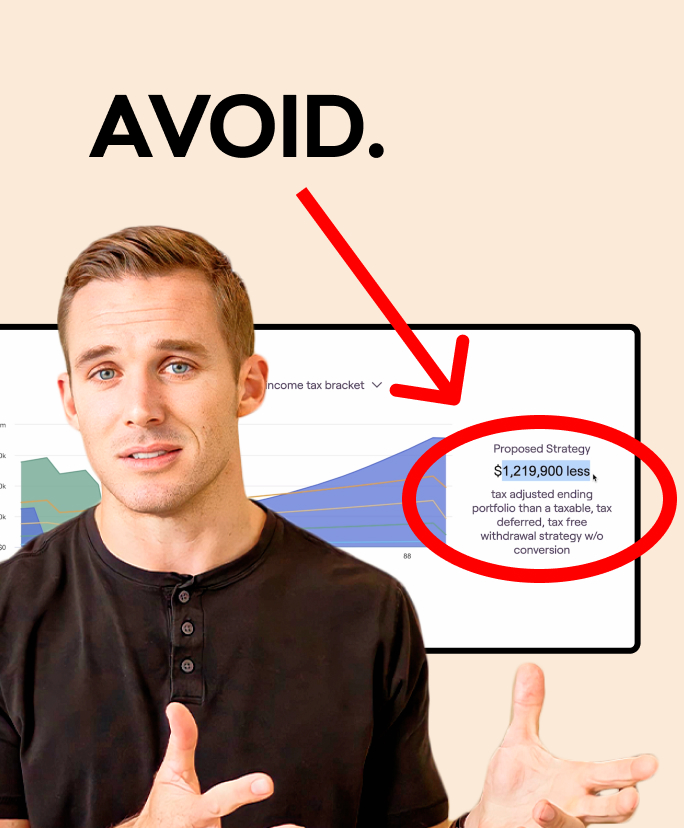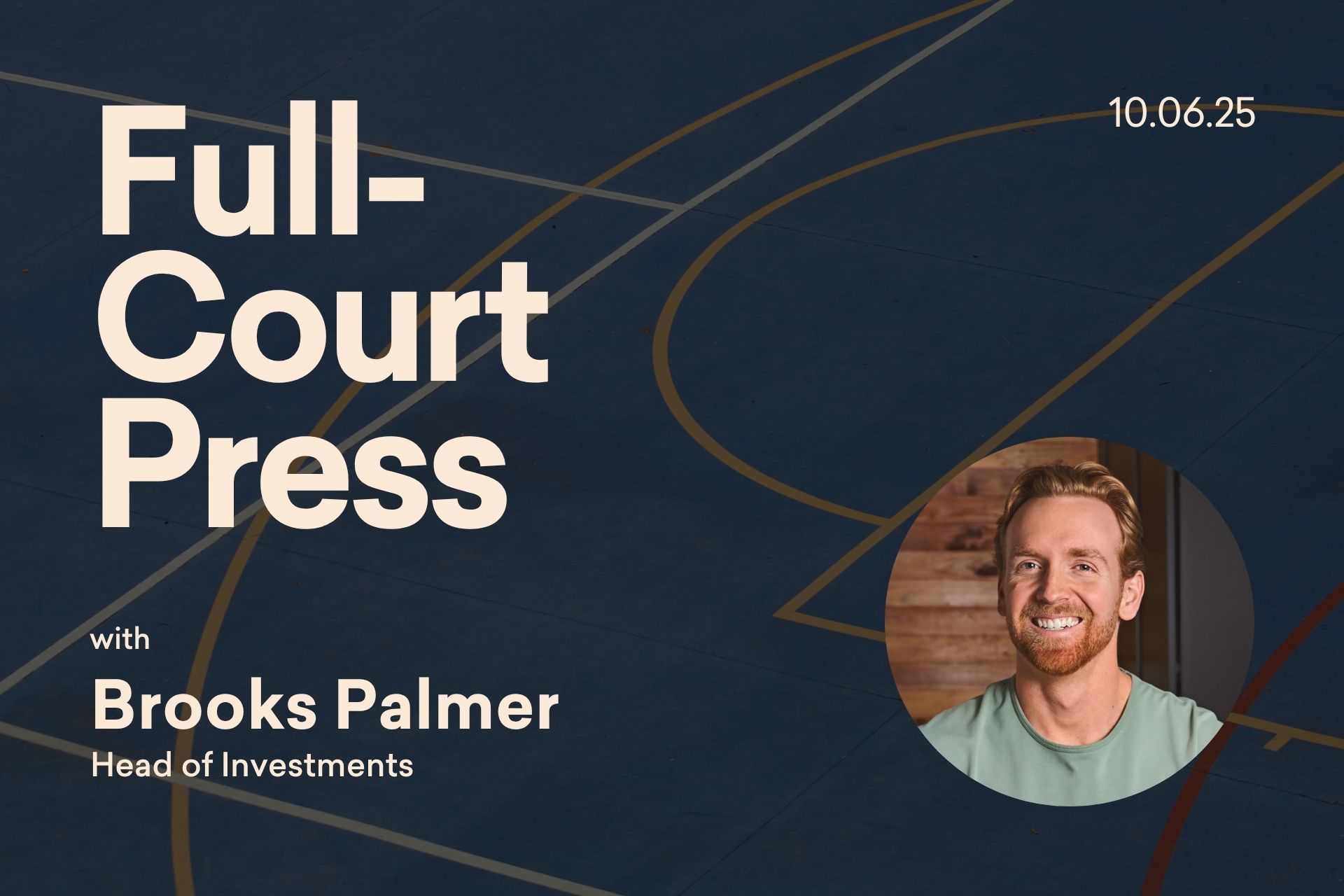I’ve never understood why an individual would aspire to invest like Yale’s endowment.
Hedge funds occasionally come up in conversation and in news briefings, though what they actually do isn’t always clear. First off, let’s factor in a favorite: “hedge funds are a compensation scheme, not an asset class.” And for the manager, they are a wonderful compensation scheme, typically charging investors on the order of “2 and 20”—a 2% management fee plus 20% of profits.
While scouring the hedge fund universe, let’s say your friend offers up a dandy: you have the opportunity, or better yet, the privilege to invest in a hedge fund that’s delivered 15% per year over 10 years with little correlation to the stock market. Wow! You hear through the grapevine that Yale is invested in said hedge fund and you’re thinking “well, if Yale’s invested, that sure seems like a vote of confidence,” and after a bit of review, you’re off to the races.
The Tax Man?
In late March, you are sending your tax documents over to your CPA and working with her on a bit of math regarding this investment. Enter the lovely K-1. Think of it as the hedge fund equivalent of a magician’s “reveal”—only instead of rabbits, it pulls your after-tax return out of the hat. Since you’re a taxable investor, that hypothetical 15% pre-tax return might quickly dwindle to 8% post-tax once reality steps in. Suddenly, the perceived benefit–the exclusive opportunity to pay 2 and 20, the hypothetical 15% a year, the lack of correlation to the market–starts to feel like it just might not be there. You start to wonder why Yale is invested in the first place…can’t they do better?
Well, for Yale, the proposition may be quite a bit more attractive. They don’t pay taxes, they have the scale to negotiate fees, and their “perpetual” time horizon allows them to more easily ride out the illiquidity associated with hedge funds.
For an individual, the simplest way I can put it is this: you are not Yale. And investing like Yale may actually move you further from, rather than closer to, your goals. It is so easy to become hyper-fixated on past returns and what could have been. By inferring that what happened in the past is likely to continue into the future, investors may allocate to “opportunities” that address only one area–performance. The issue with this is three-fold:
- Performance does not occur in a vacuum
- Many are actually looking at pre-tax performance, not post-tax performance
- More often than not, winning investments do not repeat
An Accident Waiting to Happen
Performance should absolutely be a consideration…but so should taxes, unwind strategy, performance fees, and liquidity (just to name a few). These factors can matter just as much–if not more–than the headline return. Better to invest like you, in the scope of your tax situation, your timeline, and with your hopes and goals in mind, than get caught focusing on what could have been if you invested in a product ten years ago. Don’t drive while staring in the rearview mirror.
CONSIDER
Charlie Munger, as always, seems to be on the mind recently. Three of his best:
- “The highest form which civilization can reach is a seamless web of deserved trust. Not much procedure, just totally reliable people correctly trusting one another.”
- “Learning is not memorizing information. Learning is changing your behavior.”
- “The big money is not in the buying and selling, but in the waiting.”
—
Let’s get after it this week!
Brooks
Brooks Palmer, CFP® is Head of Investments at Root where he helps identify, evaluate, and implement investment solutions tailored to clients’ needs. In Full-Court Press, he breaks down what’s happening in the markets—cutting through the noise and jargon—while connecting it to Root’s core investment tenets so you can make the most of your money and your life!
Advisory services are offered through Root Financial Partners, LLC, an SEC registered investment adviser. This content is intended for informational and educational purposes only and should not be construed as personalized investment advice or a recommendation to buy or sell any security. Any forward-looking statements, including expectations about market returns, are hypothetical in nature, do not reflect actual investment results, and are not guarantees of future performance. Any examples provided are for illustrative purposes only. Past performance is not indicative of future results.


